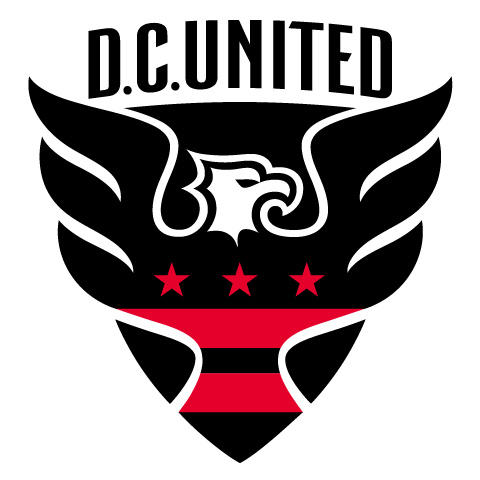WASHINGTON -- In less than a year, the world's gaze will focus on South Africa as FIFA World Cup 2010 kicks off in nine locales across that diverse, enigmatic nation. But a growing number of South African players are turning their eyes abroad in search of opportunity, and Major League Soccer's growth and increasingly international nature has made the United States a viable destination.D.C. United has welcomed two South Africans over the past year, Thabiso "Boyzzz" Khumalo and Tiyiselane Shipalane, and their exuberant approach to the game has added a new dimension to the team's play even in the midst of a late-season skid that has left D.C. on the periphery of the MLS playoff race.Stepovers, dragbacks, hip swivels -- both players do their best to cram as much flair into their time on the field as possible, even as Tom Soehn and the rest of the United coaching staff drill them on the importance of tracking back and sound defensive positioning."Usually I'm offensively-minded, so [Soehn] is trying to get me to get defense as my first priority," said Shipalane last week. He has made three appearances for D.C. since arriving on loan from USL-2 side Harrisburg City Islanders. "Offense will take care of itself, so if I improve my game on defense, it will make everything easier for me."That playful, unpredictable mentality remains an elusive quality in the United States, however, making the duo an intriguing option for the Black-and-Red."South African soccer is all about showing your skill, it's all about showing the next guy that you can beat him with the ball," said Khumalo. "It's kind of like Brazilian skill. We use our skill just to be silly sometimes -- that's why you always see me doing stupid celebrations, because that's the style that reminds me of back home. So people back home, when they see that, they're like, 'that's one of our boys.'"Khumalo and Shipalane took very similar paths to the United States. Both moved across the Atlantic during their teenage years after honing their skills at the Transnet School of Excellence, a residential training academy in their homeland. Both settled in the unlikely locale of Kentucky, living with host families before crafting successful college careers at NAIA powerhouse Lindsey Wilson College (Khumalo transferred to Coastal Carolina for his final two years) and diving into the USL system in search of a pro career.Shipalane has made steady progress up the ladder, winning honors with the Michigan Bucks of the PDL before making a strong impression in Harrisburg this year. The winger earned a USL-2 Rookie of the Year award and caught United's attention with a menacing display of attacking skill in their U.S. Open Cup clash. He's come a long way since his childhood in the quiet town of Tzaneen in South Africa's pastoral Limpopo province, and is full of praise for his adopted home."I feel like I have a family here," said Shipalane. "My host parents, they did a great job of raising me and school was the best thing. I feel like I got a better education than I would've done in South Africa. I had the opportunity to go to college and graduate, which was huge for my part. Everything is easier here in a sense, because you have people around you that want to help you get to the top."Shipalane has undoubtedly benefited from his elder countryman's guidance since his arrival in Washington. He took up residence at the D.C. apartment Khumalo shares with teammate Greg Janicki and the two routinely dissect their respective performances after matches."He's crashing on the couch -- that's what he gets, he's a rookie," joked Khumalo. "I think he's got what it takes, he's just got to stay focused and work hard. With me by his side, the sky's the limit -- I can help him."Khumalo also hopes to help future generations of South Africans build careers in the United States with a non-profit organization called the Umhlaba Vision Foundation. Umhlaba seeks to match promising teenage players with U.S. host families in order to further their education and development in the classroom as well as on the field."What we're trying to do is bring them here to go to school and then when they do good in soccer and in school, they get two opportunities," he said. "Because most of these kids are like myself, I only depended on soccer so if soccer didn't work, I couldn't do anything. So that's why I decided to start this thing with a couple of my friends just to help the kids out in South Africa who have talent. They can benefit from both sides."

